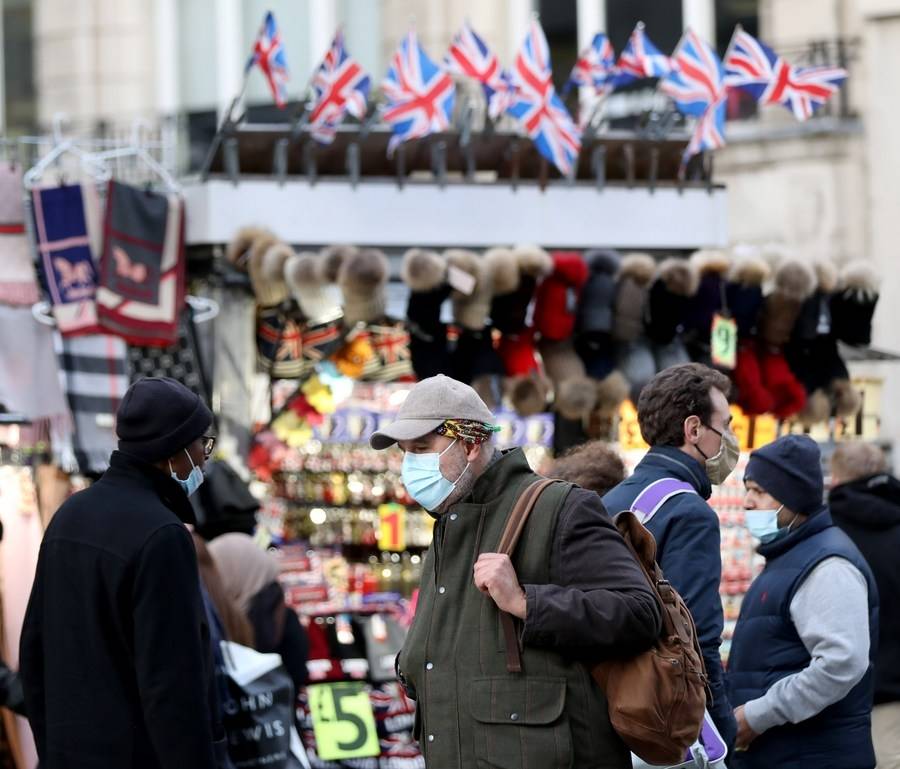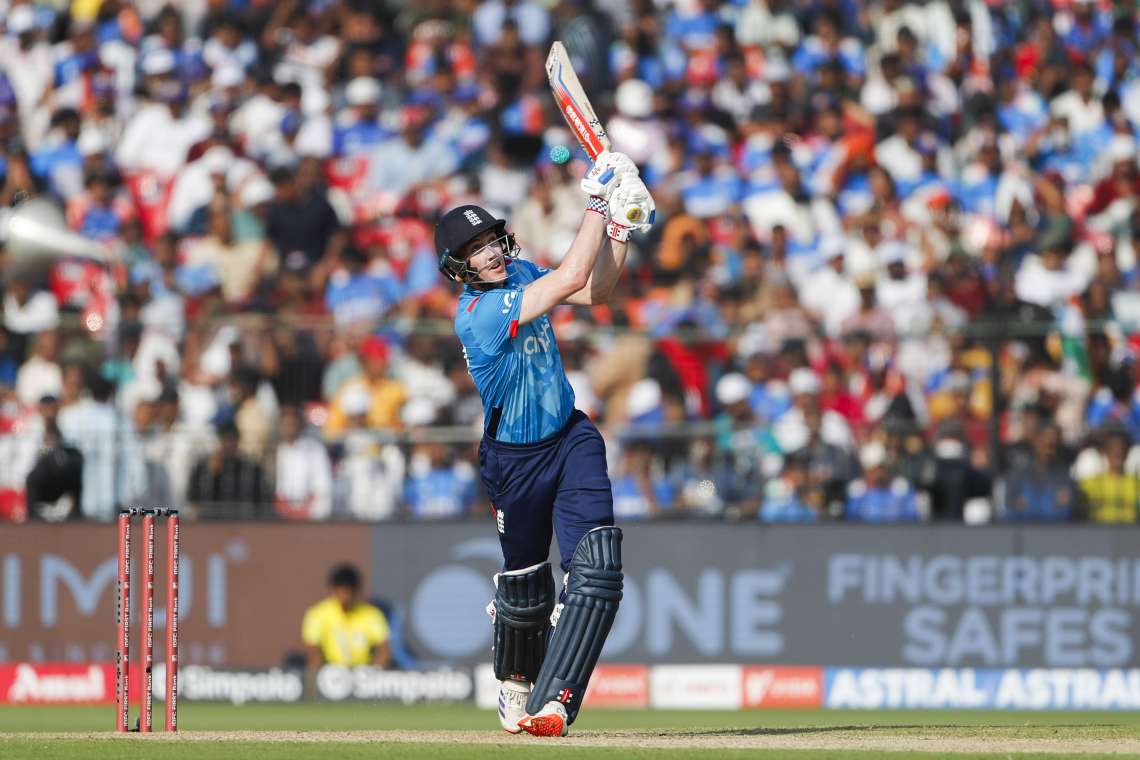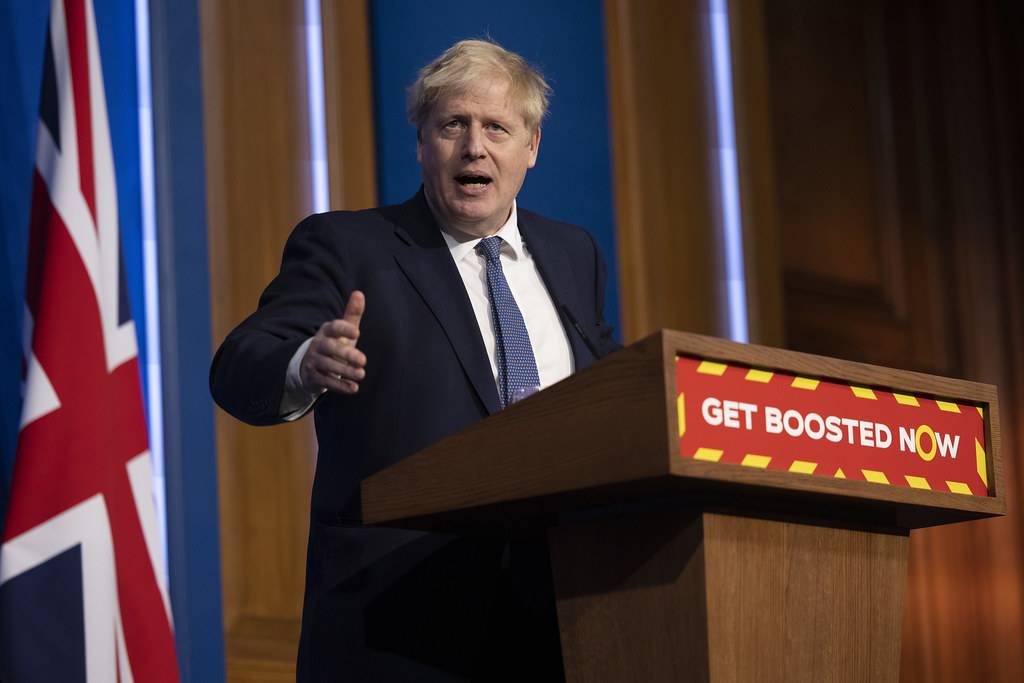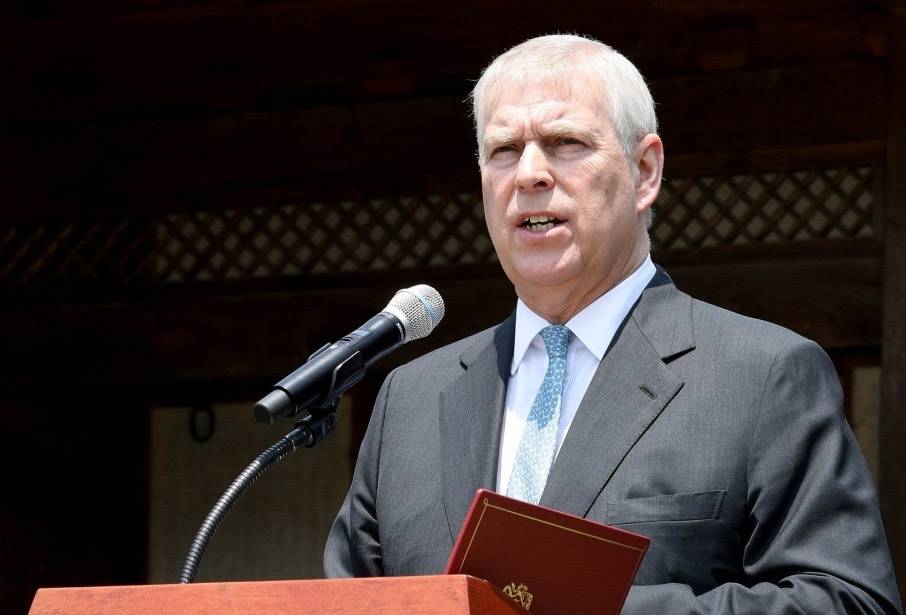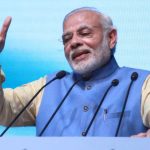British government bond yields, which are sensitive to financial markets’ interest rate expectations, came within a whisker of their highest level since 2011…reports Asian Lite News
Inflation in Britain rose faster than expected to its highest in nearly 30 years in December, intensifying a squeeze on living standards and putting pressure on the Bank of England to raise interest rates again.
The annual rate of consumer price inflation increased to 5.4% from November’s 5.1%, the highest since March 1992, the Office for National Statistics said. Economists polled by Reuters had expected a rise to 5.2%.
Financial markets now price in a more than 90% chance that the BoE will raise its main interest rate to 0.5% on Feb. 3. Last month it became the world’s first major central bank to tighten policy since the start of the Covid-19 pandemic.
“The Bank of England was already feeling uncomfortable about its monetary policy stance. Today’s upside surprises to both the headline and core inflation readings will certainly not have helped,” said Ambrose Crofton, global market strategist at J.P. Morgan Asset Management.
Two-year British government bond yields, which are sensitive to financial markets’ interest rate expectations, came within a whisker of their highest level since 2011.
Inflation has risen sharply across most advanced economies, reflecting a global rise in energy prices and supply chain difficulties.
But the BoE appears more concerned than the U.S. Federal Reserve or the European Central Bank that labour shortages and wage pressures will cause inflation to be slow to fall back once immediate price pressures have passed.
Speaking to lawmakers on Wednesday, Governor Andrew Bailey said financial markets expected energy prices would take longer to fall than had been the case two months ago, while BoE staff had found tentative signs inflation was pushing up pay settlements.
“Please don’t think we don’t think these are serious pressures. They are,” Bailey said, when challenged over whether the central bank had been complacent about price risks.
A surge in cases of the Omicron coronavirus variant had negligible impact on inflation, ONS statisticians said.
Instead, prices for food, hospitality and household goods were the main factors pushing up inflation in December while fuel prices – the main driver in previous months – remained at recent highs.
“Not only does this provide additional evidence that inflation is becoming endemic rather than transitory, it also bodes ill for households facing multiple rises in the cost of living this spring,” said Kitty Ussher, chief economist at the Institute of Directors.
British inflation is widely expected to peak in April when regulated household energy bills look set to increase by around 50%. Last month the BoE forecast a peak of around 6%, but now some economists see 7% as more likely.
Inflation was just 0.6% in December 2020, and the BoE repeatedly had to revise up its forecast last year. A new inflation forecast is due on Feb. 3. The last one in November showed inflation staying above its 2% target until mid-2024.
Rising inflation is also turning into a political problem for Prime Minister Boris Johnson’s government, which faces calls from the opposition and charities to offset the rise in energy bills, which comes at the same time as a tax increase on wages to fund higher health and social care spending.
“I understand the pressures people are facing with the cost of living, and we will continue to listen to people’s concerns,” finance minister Rishi Sunak said after the inflation data.
Wednesday’s figures showed that core CPI – which excludes more volatile food, energy, alcohol and tobacco prices – rose to a record 4.2% from November’s 3.9%.
ALSO READ-Musk warns UN about population collapse


